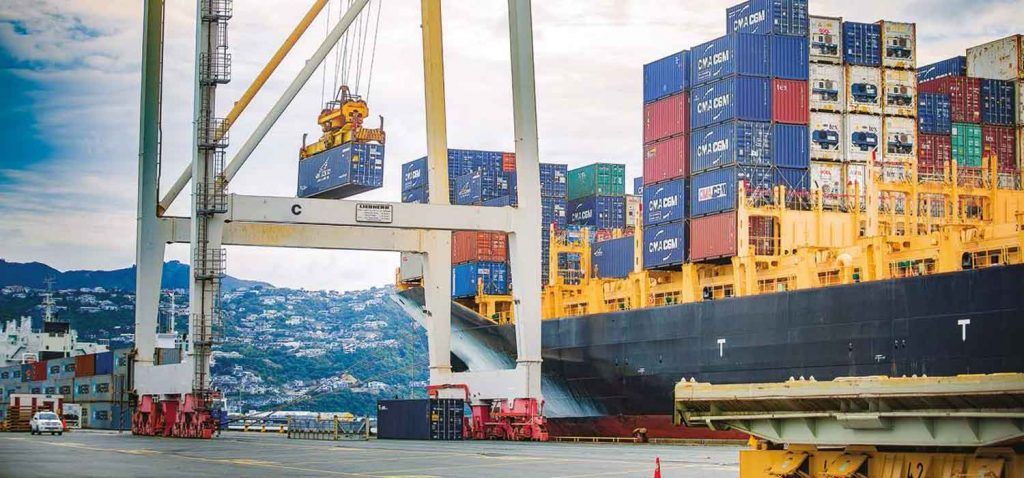Since 2015, New Zealand has added four new Regional Trade Agreements (RTAs) to its network, which currently consists of 13 RTAs involving 29 economies, including some of its largest trading partners, namely Australia, China and Japan, from according to a report by the World Trade Organization (WTO).
The four new RTAs, all of them in force, are: the Free Trade Agreement (FTA) between New Zealand and the Republic of Korea, the Pacific Agreement on Closer Economic Relations Plus (PACER Plus), the Comprehensive Agreement and Progressive Trans-Pacific Partnership (CPTPP) and the Regional Broad Economic Partnership (RCEP).
In addition, New Zealand signed an FTA with the United Kingdom in February 2022, and new RTAs are being negotiated with the Pacific Alliance (Chile, Colombia, Mexico and Peru), India and the European Union.
FTAs are a critical component of New Zealand’s trade policy, as highlighted in its recent strategies.
In 2015, it signed an FTA with the Republic of Korea, followed two years later by PACER Plus (2017), TIPAT (2018), and RCEP (2020).
All these agreements have been notified to the WTO, except the RCEP, which entered into force recently, on January 1, 2022.
New Zealand also updated its FTAs with China and Singapore.
The FTA update protocol with Singapore has been in force since January 2020, while its equivalent with China was expected to enter into force in April 2022.
These updates have not been notified to the WTO.
New Zealand
In parallel, New Zealand had several ongoing trade negotiations.
It had launched, but not yet concluded, FTA negotiations with the European Union, India, and the Pacific Alliance countries, and was also negotiating the update of the FTA between the Association of Southeast Asian Nations (ASEAN), Australia and New Zealand.
Additionally, in November 2021, New Zealand signed an agreement in principle with the UK on an FTA, outlining the main conditions under which the text will be finalized and finalized.
The FTA between New Zealand and the United Kingdom was subsequently signed on February 28, 2022. The Agreement is not yet in force, as both parties must first complete their internal ratification procedures.
In addition to its FTAs, New Zealand has long-standing two trade agreements that involve some reciprocity and under which it grants tariff preferences to a limited number of products from Canada (namely the 1981 Trade and Economic Cooperation Agreement). and from the UK. None of these agreements have been notified to the WTO.
Under its most favored nation (MFN) regime, New Zealand has eliminated duties on approximately 61% of its tariff lines, while nearly all of its tariff lines are duty free under most of its FTAs. .
![]()

